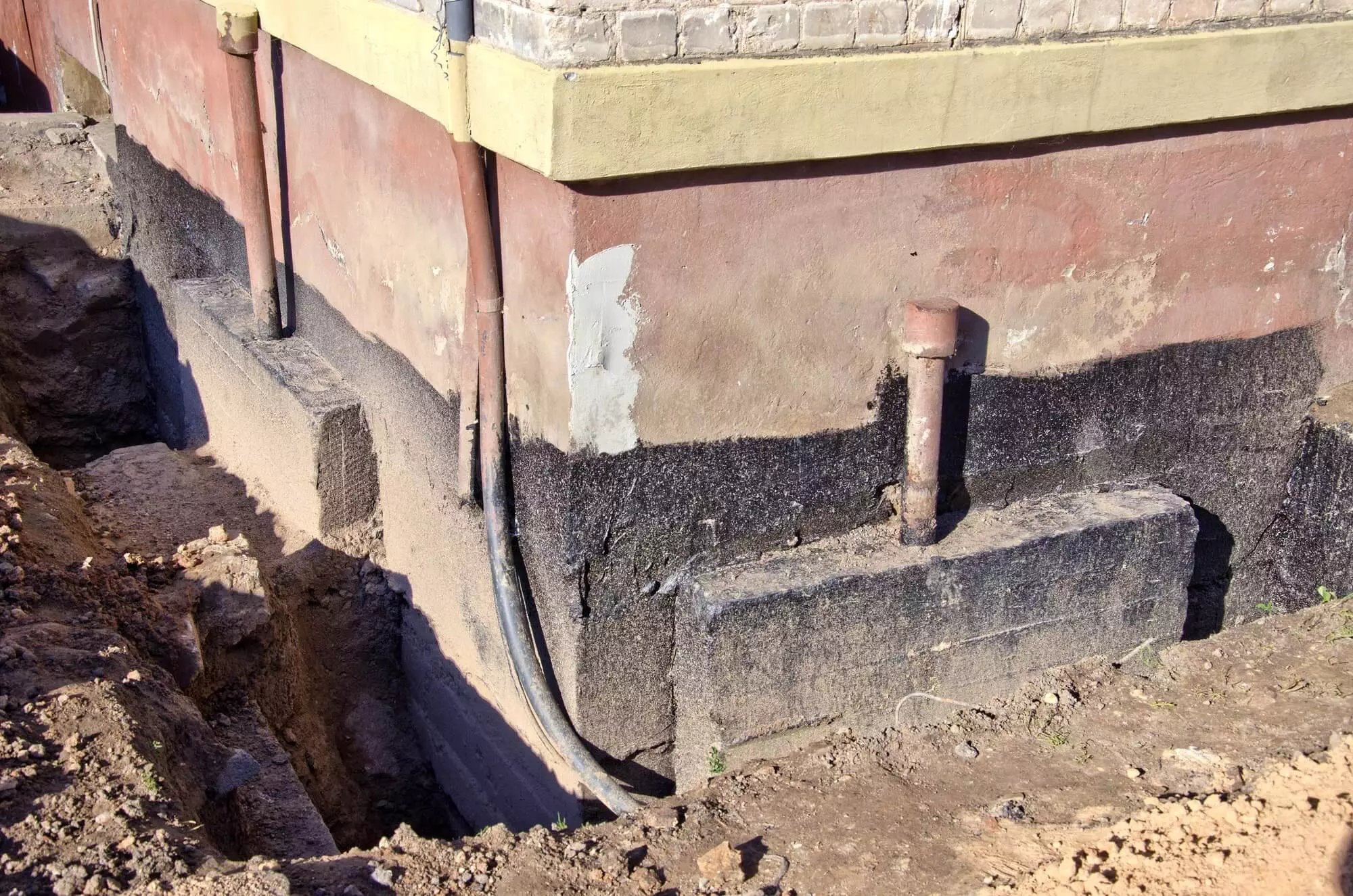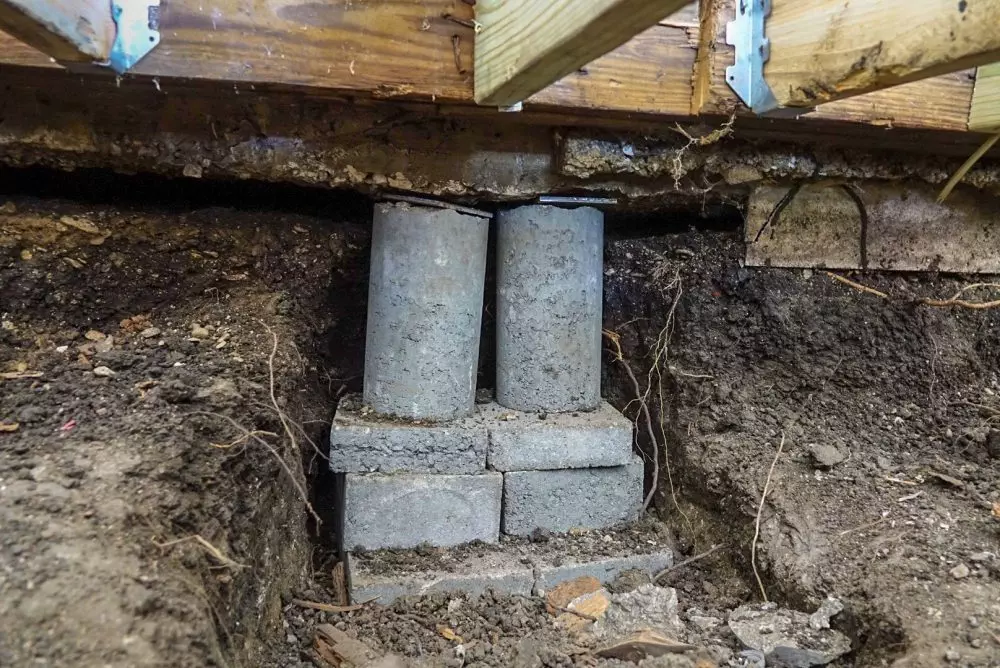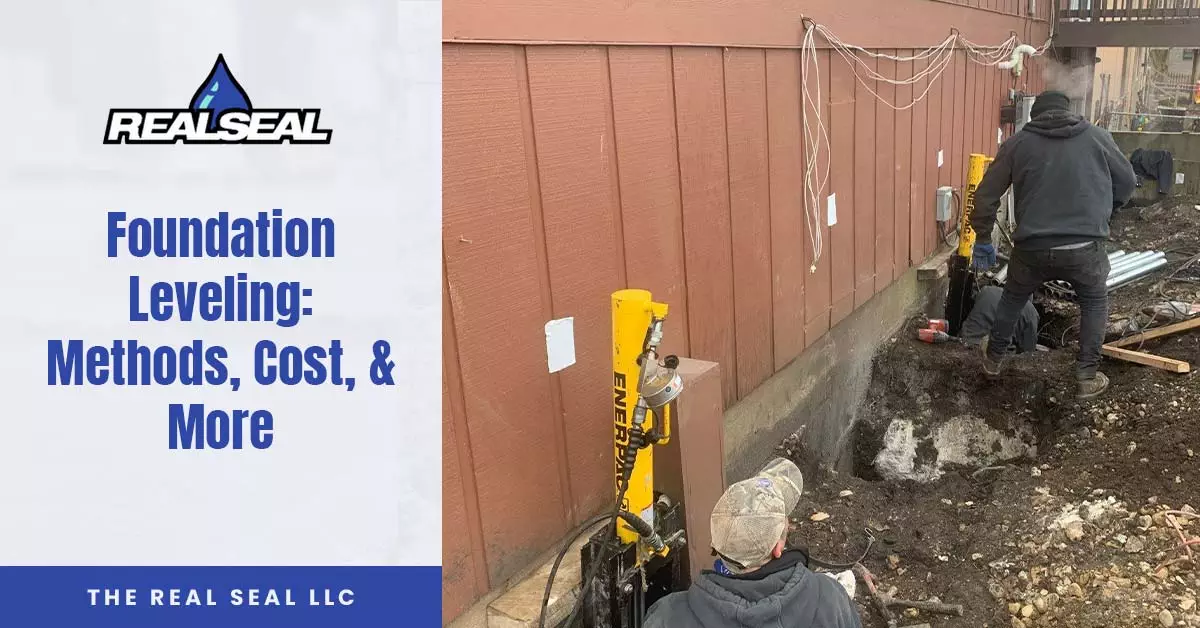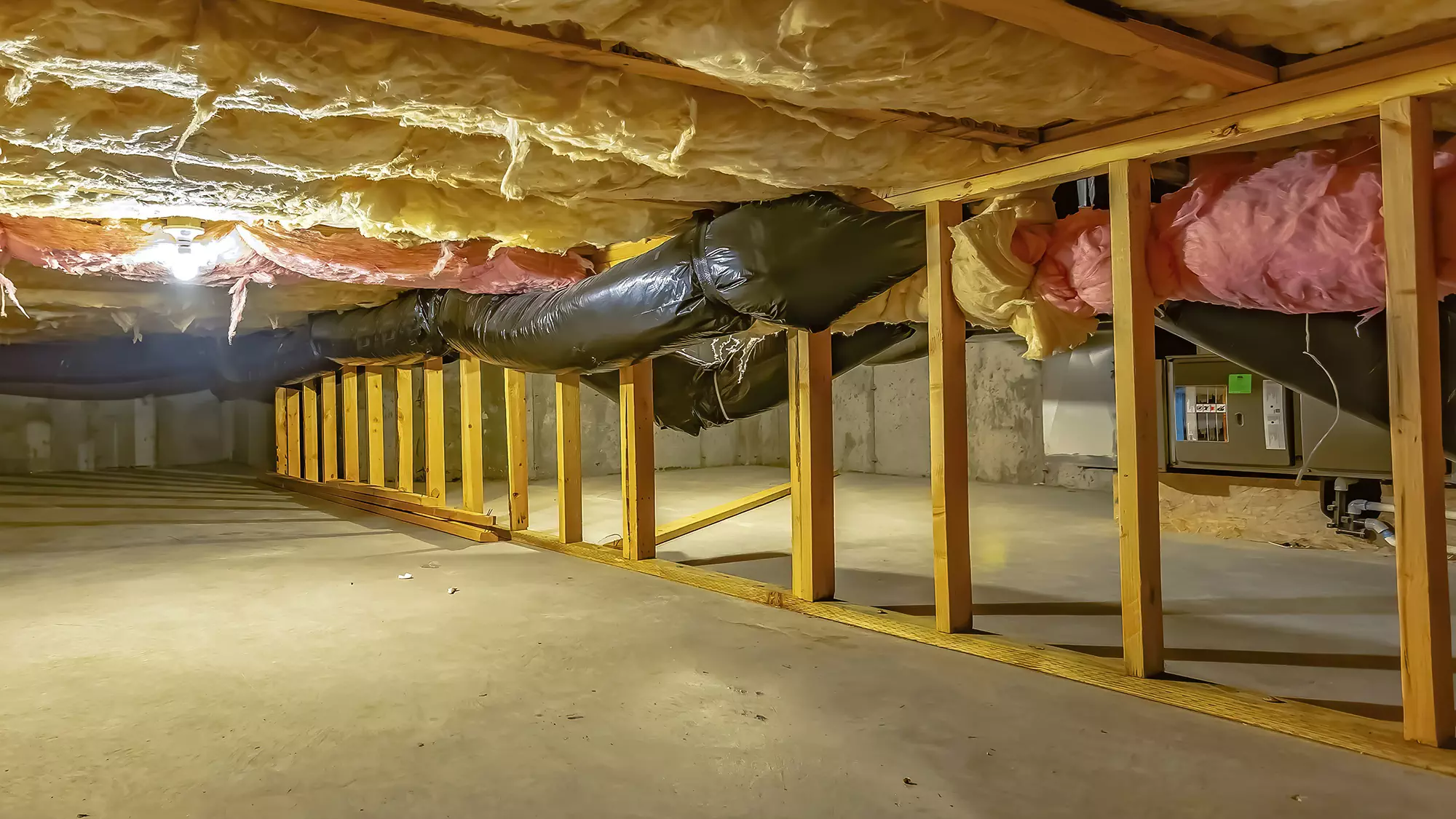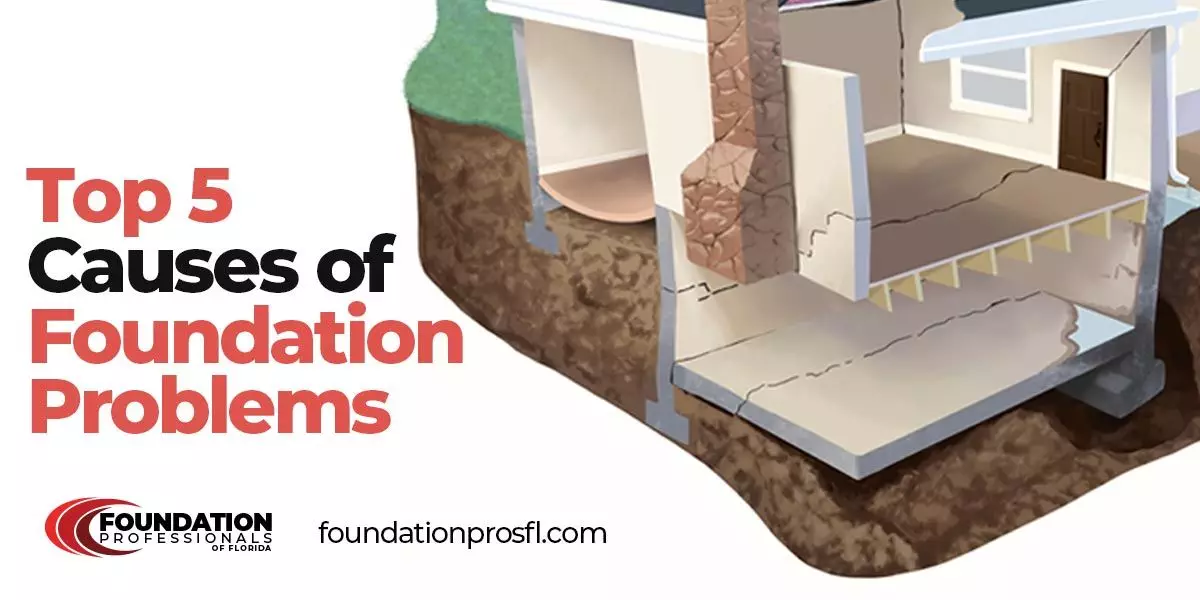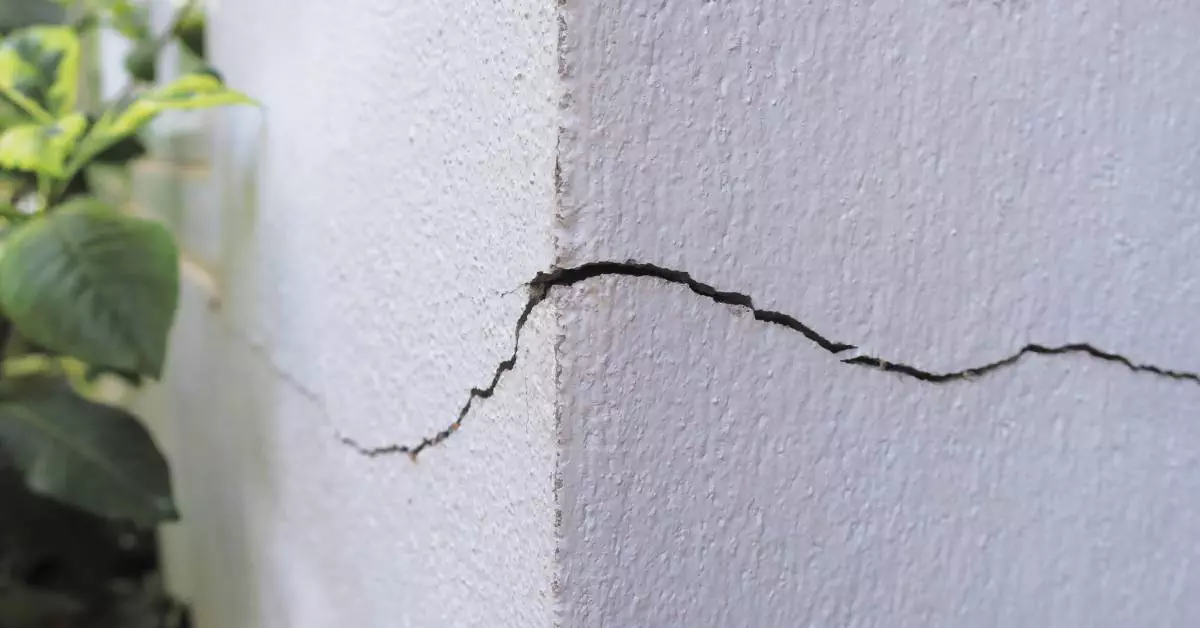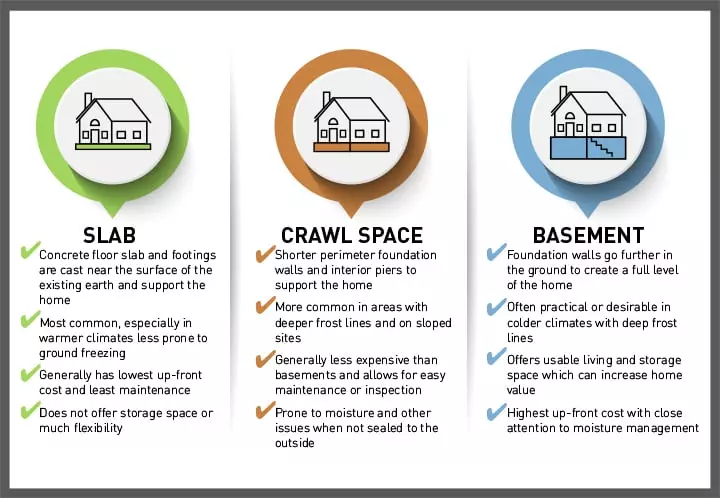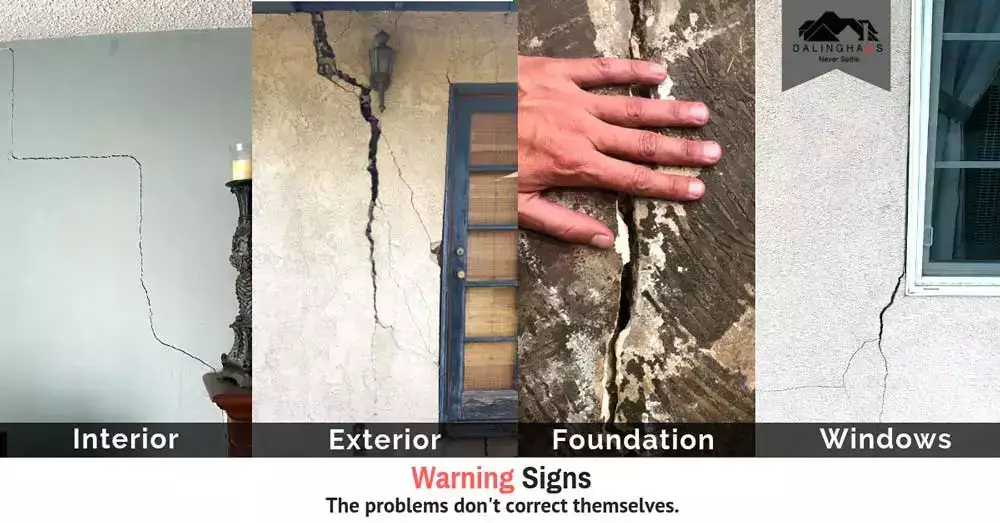
Warning: Are You Compromising Your Foundation Stability?
Are you unknowingly putting your foundation stability at risk? Everyday actions, along with environmental changes, can subtly impact the very ground beneath your feet. With climate change leading to unpredictable weather patterns, the risk to your home or building’s foundation becomes even more significant. From soil erosion to shifts in moisture levels, these elements can silently undermine your property’s stability. Understanding these factors helps you protect your investment from hidden threats.
Ignoring foundation issues could lead to costly repairs and shorten the lifespan of your structure. Regular foundation maintenance and inspections are essential, yet many overlook their importance. Simple preventative measures like checking drainage systems or reinforcing retaining walls could save you from future headaches. Knowing what to look for empowers you to take action before small problems become big disasters.
Your home deserves to stand strong and secure. Keep reading to learn how to safeguard your property from invisible dangers and ensure it remains a safe haven for years to come.
Within the post
Understanding Foundation Stability
Foundation Stability Basics
Do you know what makes your house stand strong? It’s all about the foundation. A strong foundation is like a sturdy pair of shoes for your home. It keeps everything in place no matter what. To ensure your foundation lasts, you must understand a few key stability factors. First, the quality of materials used in construction is crucial. You need strong materials, like concrete and steel, that won’t easily crack or bend. Second, the soil beneath your home matters. Not all soil is created equal. Some soils hold water better, while others are more prone to shifting.
When you’re building or buying a home, you want a foundation that’s as solid as a rock. But how do you make sure your foundation is stable? It starts with choosing the right spot to build. You want a location where the ground doesn’t shift much. Also, look for signs that water drains away from the foundation rather than pooling around it. You also want to make sure your foundation gets the right support. This means checking that the soil can handle the weight of your home. A strong foundation means fewer problems in the long run, giving you peace of mind.
Warning Signs
Now, let’s talk about what happens if things aren’t going so well. How can you tell if your foundation is having issues? Well, there are some clear signs. You might see cracks in the walls or floors. Doors and windows might not close properly anymore. These are signs that could mean your foundation is in trouble. It’s important to identify these foundation issues early so they don’t become major problems later.
So, what should you watch for? Cracks are the most obvious signs. They can appear in the walls, floors, or even the ceiling. Another sign to watch for is if your house seems to be shifting slightly. You might feel a slight tilt, or maybe doors are suddenly harder to open. If you notice these things, don’t ignore them. Watch for cracks and shifts to ensure small issues don’t turn into big headaches.
Impact of Climate Change
You might not realize it, but climate change affects foundations too. Over time, changes in your environment can take a toll on your home. You see, weather is not the same all the time. Some places are getting more storms, and rain patterns are changing. This can really mess with foundation stability. If you’re not paying attention, you might find that your once-sturdy home has become less reliable.
Extreme Weather Effects
Did you know that extreme weather can really test a building’s strength? When you have storms that are more powerful than usual, it puts extra stress on structures. This means your house might have to work harder to stay upright. Increased storms challenge structures, and you must be ready for that. If rainfall patterns change, the ground might not handle water the way it used to. Rainfall patterns alter stability by washing away soil or causing floods.
Are you aware of weather impact foundations? Maybe your area doesn’t get much rain, but now it’s getting hit by heavy storms. That sudden change can be a lot for your foundation to handle. Even if the weather isn’t extreme, any change in the pattern can affect your home. That’s why it’s super important to be aware of these changes. By knowing what’s happening with the weather, you can be one step ahead in protecting your house.
Soil Erosion Concerns
Have you ever made a sandcastle at the beach? You know how the waves wash away the sand? That’s like soil erosion. When the soil around your foundation gets washed away, it weakens the support for your house. Erosion weakens foundation support, and it happens over time, sometimes so slowly you might not notice. But when soil erodes, your foundation loses its stability, and that’s not good.
So, how can you understand soil erosion risks? It helps to know how erosion works. Water, wind, and even sudden downpours can cause the soil to move. If erosion gets really bad, entire sections of soil can disappear. In turn, this creates gaps under your foundation, causing your home to settle or shift. While you can’t stop erosion completely, understanding what causes it can help you find ways to prevent it.
Maintaining Moisture Levels
Alright, let’s talk about water. Water can be great, but not when it’s hanging around your foundation. You need to control moisture around foundations to keep them in good shape. If too much water gets in, it can cause cracks or even make the foundation sink. Moisture is like that one friend who crashes your party-you want them there, just not too much of them!
Irrigation and Drainage Importance
How you handle water makes a big difference for your foundation. This is where proper irrigation and drainage systems come in. Proper systems prevent water damage by directing water away from the foundation. You don’t want water pooling around your home after a rainstorm. Instead, keep your foundation dry by making sure water flows away from it.
Have you ever thought about how drainage, moisture, erosion runoff affects your home? It’s something you can’t ignore. Installing good drainage systems helps a ton. Think of these systems as a translator- they help move water away from where it can do damage. You can also grade your yard to ensure that water flows away from the house. By keeping an eye on how water moves around your property, you can avoid a lot of hassle.
Seasonal Changes
Seasons change, and so does the weather. This might seem obvious, but it’s something you must keep in mind when thinking about your foundation. You need to monitor moisture throughout the year. In the winter, the ground freezes, and in the summer, it might dry out. Both can affect your foundation’s stability.
Therefore, adjust maintenance strategies accordingly, based on the time of year. When it’s rainy, pay more attention to drainage. In dry seasons, make sure the soil doesn’t dry out too much. These small adjustments can make a big difference. By staying on top of seasonal changes, you can keep your foundation in great condition all year long.
Foundation Inspection Tips
Ever wonder how to catch foundation problems early? That’s where inspections come in. Regular inspections identify risks before they turn into serious problems. You might be tempted to skip this step, but that would be a mistake. Inspections can save you a lot of headaches down the road.
If you’re not sure what to look for, it’s a good idea to hire professionals for thorough checks. Experts know what to look for, and they can spot issues that you might miss. They can check for everything from tiny cracks to more serious structural issues. By getting inspections regularly, you’re more likely to spot issues before they worsen.
Preventative Measures
Prevention is key when it comes to your foundation. It’s better to take steps to protect foundation stability than deal with problems later. Implementing proactive solutions keeps your foundation strong and your home safe. So, what should you do?
Here are some simple strategies: Seal cracks promptly to stop small issues from becoming big ones. Install gutter extensions to guide water away from your home. Grade your yard effectively to help water drain in the right direction. By following these tips, you can protect your home with care and ensure long-term stability.
Addressing Foundation Issues
Repair Options
What if it’s too late for prevention? Don’t worry. You have options. When you notice foundation problems, consider professional repair services. These experts can evaluate the situation and assess various solutions for your specific issue.
Sometimes the problem is minor, and other times it might be big. Either way, knowing your options gives you a better chance at fixing the issues. Maybe you need to strengthen the soil or add some extra support. Whatever it is, working with professionals will help you find the best way to keep your foundation stable for years to come.
DIY Fixes
Not every problem needs an expert. Sometimes, you can handle smaller issues yourself. Simple repairs you can tackle include sealing small cracks and checking for drainage problems. DIY fixes are great for minor problems, but you need to know your limits.
If you’re confident and the issue is small, then go ahead and fix it. However, if the problem looks too big to handle on your own, it’s better to call in the professionals. A little DIY can go a long way, but don’t risk your home by taking on more than you can handle.
When to Call Experts
How do you know when to involve experts? When you see serious signs of foundation issues, it’s time to call in the pros. Involving experts for major concerns ensures that the repairs are secure and long-lasting. You want your fixes to last, don’t you?
If your doors and windows don’t close properly or if you see large cracks, don’t wait. Experts have the right equipment and knowledge to handle complex problems. They can provide the right solutions, keeping your home safe and sound.
Cost Considerations
Let’s talk money. Repairing a foundation isn’t cheap, but it’s necessary. Understanding repair expenses helps you budget for necessary work. You need to know what you’re getting into financially before starting any repairs.
Costs can vary depending on the problem’s severity and what solutions are needed. Sometimes a quick fix is enough, but bigger problems may require more money. Therefore, it’s smart to plan your budget with this in mind. While repair costs might seem high, remember that they’re an investment in your home’s future.
Future-Proofing Efforts
Planning for Future Challenges
Staying informed on trends can help protect your foundation moving forward. This means learning about new potential risks and adapting your strategies as needed. By knowing what’s coming, you can prepare and take action to keep your foundation stable.
Maybe you’ve heard about climate change foundation effects or new building materials. Being informed helps you adapt. Whether it’s through new maintenance techniques or new ways to handle moisture, planning for future challenges keeps your foundation strong.
Innovative Approaches
Have you ever thought about using new technologies to protect your home? Exploring new technologies can provide innovative approaches to keep your foundation sturdy. Embrace sustainable practices that last longer and are better for the environment.
Sometimes sustainable practices mean using recyclable materials or installing smart irrigation systems. By thinking outside the box and trying new things, you can set yourself up for success. After all, sometimes the best ideas are the ones that are a little different.
Secure the Future of Your Home
Protecting your home ensures peace of mind and longevity. You now understand how climate impacts can affect your property, leading to issues like soil erosion and moisture problems. By staying informed, you can safeguard your home against these challenges and avoid potential damage.
Start by scheduling a thorough inspection of your home’s foundation. Look for signs of trouble and address them promptly. Consider investing in regular maintenance, which can prevent many problems before they start. You might also want to reinforce your foundation if it’s at risk from nearby construction or changes in weather patterns.
Now, take charge of your home’s future. Begin by contacting a professional for an inspection today. Don’t wait until small issues become big problems. Act now to protect your home and enjoy peace of mind. Your proactive steps will ensure your home remains safe and sound for years to come.
